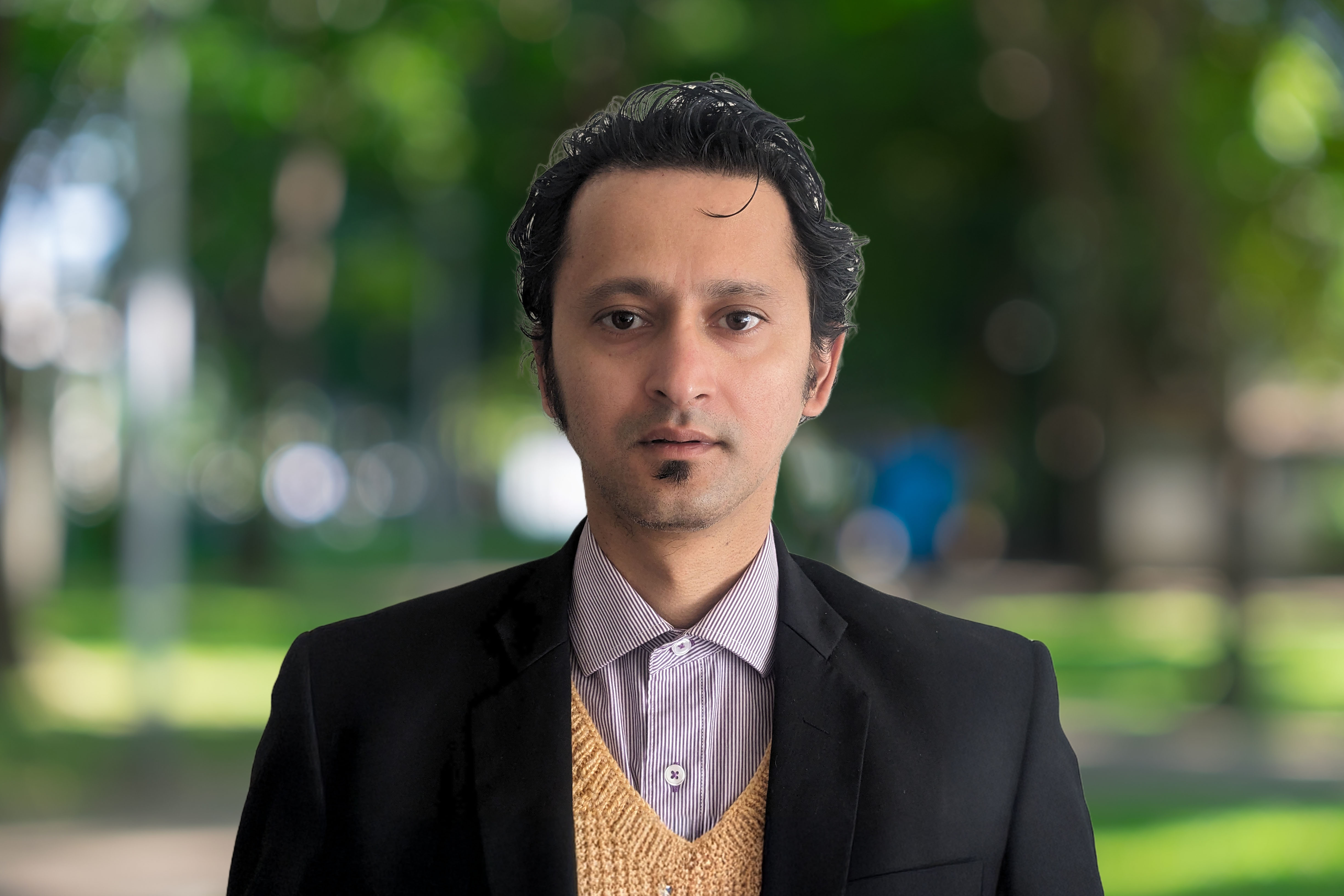Department of Physics
Education
Ph.D, University of Houston, Tx, USA
Brief Bio
I received my M.S. from Tribhuvan University with a dissertation in astrophysics with focus on study of infrared observations of isolated interstellar gas clouds . I received my PhD from University of Houston working for DarkSide experiment, the deep underground experiment at LNGS using argon as a target material to detect dark matter. After that, I worked as a postdoc at Pacific Northwest National Laboratory (PNNL) where I primarily worked for the SuperCDMS collaboration (that is currently installing an experiment at SNOLAB that will use Ge and Si detectors to detect dark matter) and DUNE experiment (that will make precise measurements of many properties of Neutrino). Since joining SDSMT, I have continued working on SuperCDMS, and started working with the LZ experiment (Xenon-based dark matter experiment currently running at SURF, SD). I am also currently working with radon mitigation and measurement systems in our lab to help mitigate the radon backgrounds in current and next-generation direct detection of dark matter and neutrino experiments. I have been the SuperCDMS background working group chair (from Jun 2022-Jun 2024) and currently leading efforts to build and commission the radon purge system for the SuperCDMS.
Research Expertise
I am interested in understanding the universe in macroscopic and microscopic scales. I am particularly interested in dark matter and neutrinos. Despite evidence from astrophysical observations that dark matter is the dominant contributor to the mass of the galaxies and was central to the origin of galaxies, we haven’t yet detected interactions of dark matter from direct measurements in the earth. Similarly, there are many properties of neutrinos that are yet to be measured (and in some cases more precisely), the measurements of which will broaden our understanding of the universe and nature at the fundamental scale. I have been involved in experiments that are built to be sensitive enough to probe dark matter and neutrinos. To ensure we do so with these experiments, we need to understand what background events we expect apart from signals from such rare-events as dark matter interacting. I have expertise in such background sources and the expected signals from events originating from them. I also enjoy analysing and interpreting the data that come out of the measurements and find physical and scientific interpretation to it. I am also interested in helping mitigating backgrounds and developing detector technologies that will enable us to be more sensitive in measuring dark matter and neutrino interactions.
In addition, I love teaching and mentoring students and helping nurture their scientific understanding and statistical and mathematical skills.
